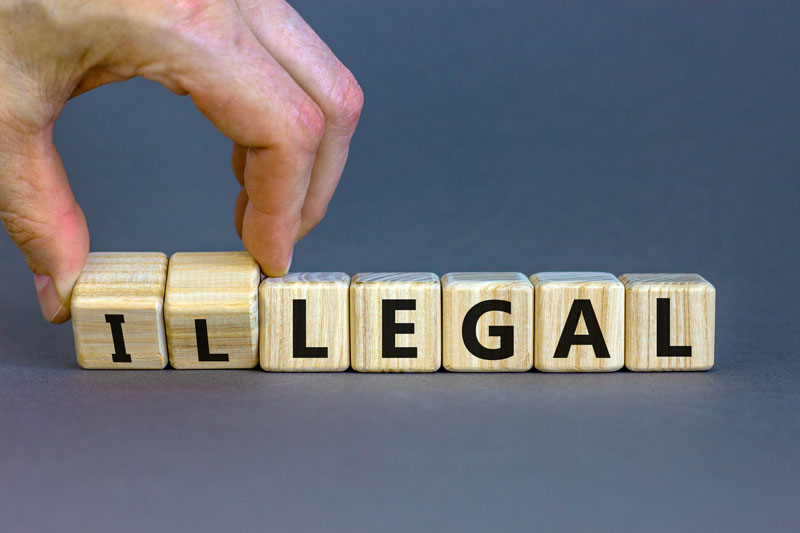On October 6th of this year, President Biden publicly pardoned people held in federal prisons for the crime of smoking marijuana. There were three parts to his speech:
- First, he pardoned anyone incarcerated for simple possession and use of marijuana.
- Second, he encouraged states to do the same for state-level convictions.
- Third, he asked the secretary of health and human services and the attorney general to review how marijuana is classified. Currently classified as Schedule 1, marijuana is considered more dangerous than fentanyl and on par with heroin, the most hazardous of classifications.
Fifty years ago, popular opinion in this country held that marijuana was one of the most dangerous recreational drugs. But public perception has changed over time; according to Gallup, US opinion has changed from only 12% in favor of the legalization of marijuana in 1972 to 68% in 2021.

Currently, 19 states and the District of Columbia have legalized the recreational use of marijuana. And 38 states have legalized the use of medical marijuana. It is easy to imagine that if the current trend continues, eventually, marijuana use will be legal in all U.S. states. Just as prohibition no longer exists across the U.S., marijuana criminality is slowly being repealed.
Who will benefit from this pardon, and how?
Critics of the pardon point out that it will help very few people. So what is the benefit of Biden’s announcement? Although small in number, it will help some people. According to an article in the New York Times, “The pardons will clear everyone convicted on federal charges of simple possession since it became a crime in the 1970s.” That number is estimated to be about 6,500. Being cleared of federal convictions will help these 6,500 people to remove obstacles to employment, housing, or education.

What does Biden’s marijuana pardon mean for federal legalization?
The more significant effect of Biden’s announcement may be to lead to the legalization of marijuana use.
In an article for The Philadelphia Inquirer, Shekia Scott of the Philadelphia CannaBusiness Association shared her belief that Biden’s action “sets precedent for future decriminalization locally and beyond.”
Others agree that this could be the start of federal decriminalization. An article in Cannabis Business Times cites Kris Krane, a senior contributor for Forbes magazine, who says,
The first time a sitting U.S. president has acknowledged the failure of federal marijuana policy is a really big deal, especially coming from Joe Biden, someone who has traditionally not been friendly on this issue. It shows just how far this issue has evolved politically.
The Cannabis Business Times article explains, “There are two paths for cannabis to be rescheduled. One involves Congress, through legislation or amendments to the CSA, and the other, which Biden has just initiated, involves HHS and the Federal Drug Administration (FDA).” So Biden’s request to review how marijuana is classified could bypass any delay presented by Congress. (The MORE Act is one example of such a delay. It was approved in the House in December 2020 but has yet to advance to the Senate.)
Ratifying the 21st Amendment to repeal prohibition took a long time. Although the House and Senate passed it in February 1933, it took nine months for states to ratify it and place it in the Constitution. Changing U.S. law is a slow process that takes time. And only time will tell whether current trends toward marijuana legalization will continue.

- Meet the Dimensional Insight Team: Gabrielle Amarosa - December 1, 2022
- What You Need to Know About President Biden’s Marijuana Pardon - November 2, 2022
- How to Ace this Year’s OND - September 27, 2022



